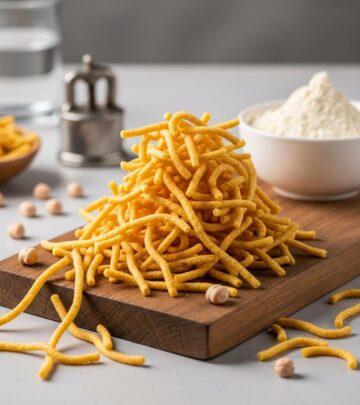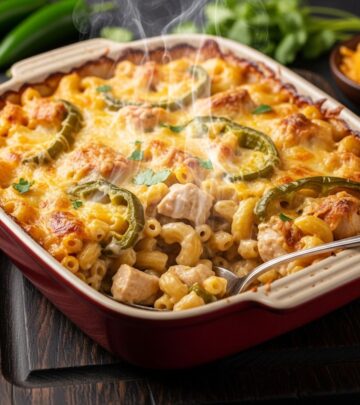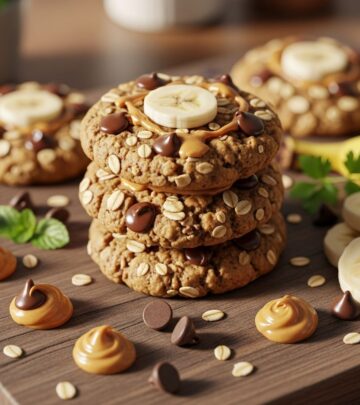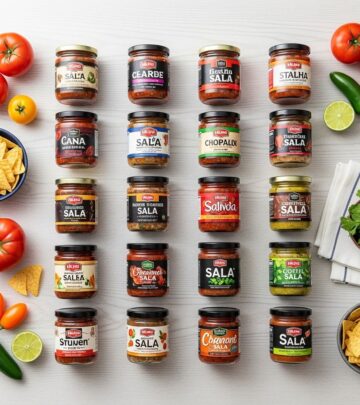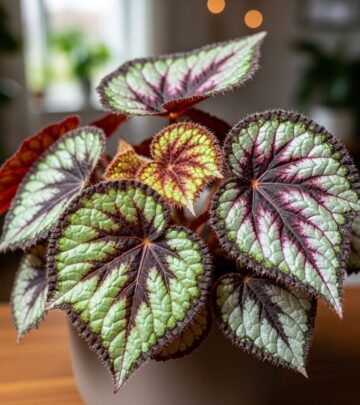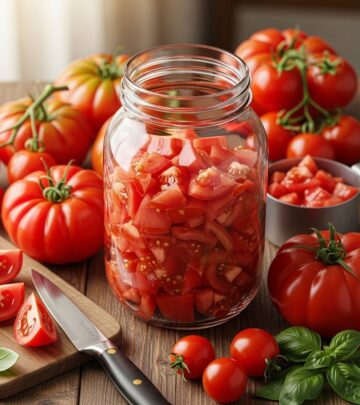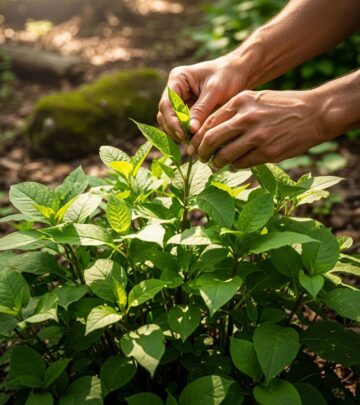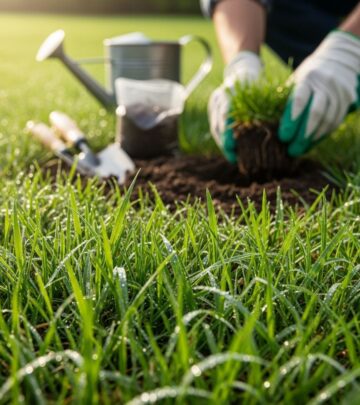Best Fruit Trees To Plant In Tennessee: Your 2025 Guide
Careful selection and maintenance nurture a lush backyard orchard season after season.
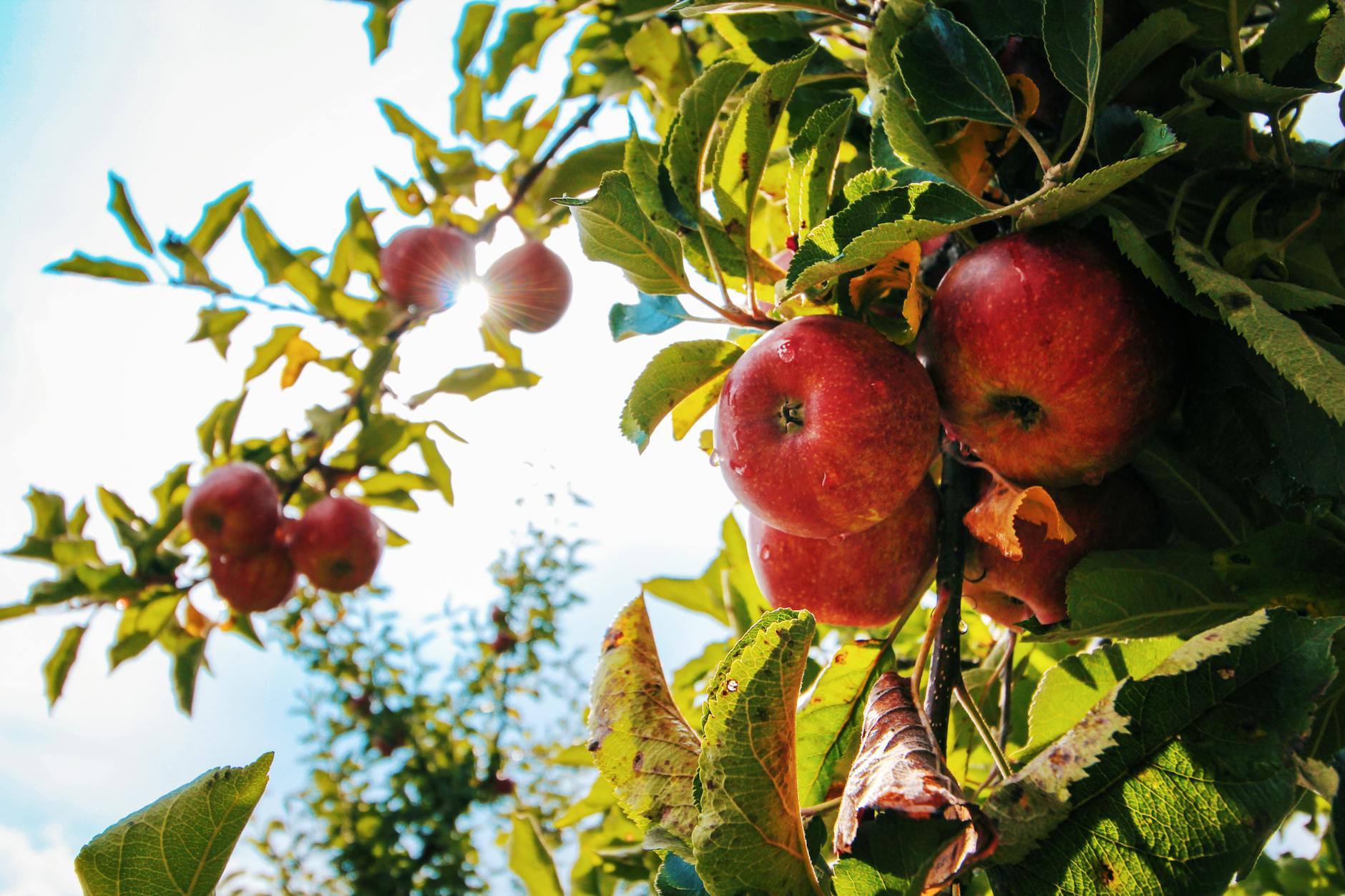
Best Fruit Trees to Plant in Tennessee Yards and Gardens
Tennessee offers one of the best climates for growing fruit trees in the United States. Its moderate climate, consistent rainfall, and wide USDA zone coverage (5b to 8a) mean that a diverse array of fruit trees can flourish here. Whether you’re hoping to pick apples in autumn, savor fresh peaches in summer, or try your hand at homegrown figs, the Volunteer State has much to offer both novice and experienced gardeners. This article will cover the top fruit tree varieties for Tennessee, essential planting and care tips, and answers to common questions about cultivating a successful orchard at home.
Why Tennessee Is Ideal for Fruit Trees
Mild winters and warm summers paired with ample annual rainfall create an environment where many fruit trees can thrive. The absence of extreme temperatures prevents damage to delicate blossoms and reduces stress on established trees. Sufficient chill hours during winter encourage healthy flowering and fruit set for many temperate-climate varieties.
- USDA Zones: 5b to 8a.
- Consistent rainfall distribution across seasons.
- Lack of temperature extremes prevents plant stress.
- Cool enough winters for fruiting, but not cold enough to kill most trees.
These ideal conditions mean tree growers in Tennessee can cultivate both traditional fruit trees and some lesser-known or more unique crops. Let’s take a closer look at the top choices.
Top Fruit Trees to Grow in Tennessee
Apple Trees
Apples are classic, beloved, and surprisingly adaptable in Tennessee’s climate. Hardiness and blossom reliability make them a top pick for new and seasoned growers alike. Apple trees double as beautiful ornamental additions, thanks to their fragrant springtime blooms.
Most varieties require a period of winter chill—between 500 and 600 chill hours is ideal for popular apple cultivars, and Tennessee winters provide just that. Water needs are moderate, but consistent moisture is vital during the establishment period and fruiting.
Choosing varieties labeled “long-season” or those suitable for USDA 5–8 will ensure success.
- Granny Smith: Suits zones 6–9, needs only ~400 chill hours, and is self-pollinating, though planting two increases yield.
- Red Delicious: Time-tested for its flavor and reliability—widely grown in Tennessee.
- Fuji, Gala, and Honeycrisp: Also commonly grown due to hardiness and consistent production.
Tips: Choose well-drained soils. Full sun is essential. While some apples are self-fruitful, most benefit from cross-pollination, so plant two different varieties for best results.
Pear Trees
Pears thrive in the Volunteer State’s temperate climate. European and Asian pears are both possible, though European pears are more commonly planted. Pear trees are tolerant of the region’s soils and have fewer challenging pest problems compared to other fruits.
- Bartlett: Sweet and juicy; prefers well-drained soils and does best with a pollinator.
- Moonglow: Resistant to fire blight, a key disease for pears in the Southeast.
- Kieffer: A hardy, self-pollinating pear tolerant of widely varying conditions.
Like apples, pears often need a second variety for cross-pollination, increasing both overall fruit set and size.
Peach Trees
Peaches are a summer favorite and grow remarkably well throughout much of Tennessee. They require slightly more careful site selection due to frost sensitivity and the need for good air drainage.
- Redhaven: Reliable and well-suited to Tennessee’s climate; produces juicy, flavorful fruit.
- Elberta: A classic, late-season yellow peach, popular for fresh eating and canning.
Tips: Site on elevated ground if possible to minimize frost risk during spring blossom. Full sun is required and good pruning is essential to manage size and invigorate fruiting wood.
Plum Trees
Tennessee’s climate supports plum cultivation, especially Japanese and European varieties.
- Bruce: Japanese x Chickasaw hybrid offering reliability and disease resistance.
- Santa Rosa: Widely planted, produces large, sweet fruit with reddish skin.
Most plums are not self-fertile in Tennessee, so plant at least two varieties for good yields.
Cherry Trees
Tart cherries do better than sweet cherries because they require fewer chill hours and handle the state’s humidity better.
- Montmorency: The go-to tart cherry, disease-resistant and highly productive.
- North Star: Dwarf, self-pollinating variety, ideal for small gardens.
Fig Trees
Figs add a touch of the exotic and produce unique, sweet fruits. The best figs for Tennessee are cold-hardy and can be grown in the ground with protection or in a large container.
- Brown Turkey: Reliable and cold-hardy once established; produces richly flavored fruits.
- Celeste: Well-suited to both garden beds and containers; known for sweetness and hardiness.
Additional Fruit Tree Options
- Pawpaw: A native fruit tree with creamy, tropical-flavored fruits. Low maintenance and tolerant of shade.
- Persimmon: American persimmons are very hardy; Asian types can work in protected spots.
- Sugar Apple (best for the warmest corners and containers): Offers a tropical flair but needs protection from cold.
How to Plant Fruit Trees in Tennessee
Planting fruit trees well sets the foundation for decades of productivity. Here are fundamental steps and tips:
- Timing: Best planted during dormancy—late winter or very early spring is ideal.
- Location: Full sun (at least 6 hours daily) and well-draining soil reduce disease and encourage strong growth.
- Spacing: Standard trees: up to 30 ft apart, semi-dwarf: 15 ft, dwarf/super-dwarf: as close as 6 ft.
- Soil Prep: Amend clay-heavy soils with compost. Avoid waterlogged locations.
- Digging: Make holes at least twice as wide as the root ball, and as deep as the roots require. Loosen soil at the bottom but avoid over-fertilizing at planting.
- Protection: Use tree guards or trunk wraps to deter rabbits, deer, and rodent damage in winter.
- Pollination Partners: Many fruit trees—apples, pears, plums—require a second compatible tree nearby for cross-pollination and improved yields. Some, like Granny Smith apples or Kieffer pears, are self-pollinating, but even these benefit from companions.
Key Care Tips for Productive Tennessee Fruit Trees
- Watering: Deep watering is crucial for newly planted trees, especially during the first growing season. Most mature fruit trees manage on natural rainfall but monitor for drought.
- Mulching: Apply 2–3 inches of organic mulch around the root zone to retain moisture, suppress weeds, and moderate soil temperature—always leaving a gap around the trunk to prevent rot.
- Fertilization: Avoid fertilizing at planting. Once established, fertilize in early spring as growth begins (use a balanced fertilizer or compost).
- Pruning: Prune during late winter dormancy to shape the tree, remove deadwood, and promote air circulation. This reduces disease risk and encourages strong fruiting wood.
- Disease and Pest Management: Monitor for common diseases: fire blight (pears), brown rot (peaches, plums), and apple scab. Select resistant varieties where possible and remove fallen fruit/leaves promptly.
| Fruit Tree | Recommended Variety | Self-Pollinating? | Special Notes |
|---|---|---|---|
| Apple | Granny Smith | Yes | 400 chill hours; boost yield with second tree |
| Pear | Kieffer | Yes | Hardy; tolerates clay soil well |
| Peach | Redhaven | No | Plant with another variety to ensure fruit |
| Fig | Brown Turkey | Yes | Protect in winter; drought tolerant |
| Plum | Bruce | No | Plant two varieties for fruit production |
| Cherry | North Star | Yes | Compact and cold-hardy |
Frequently Asked Questions (FAQs)
Q: Which fruit trees are easiest for beginners in Tennessee?
A: Apple and pear trees are excellent for beginners due to their adaptability and relatively low maintenance requirements.
Q: When is the best time to plant fruit trees in Tennessee?
A: Late winter to early spring, during dormancy, results in best establishment and root growth.
Q: Do I need two trees for my fruit tree to bear fruit?
A: Many varieties benefit from a pollination partner, especially apples, pears, and plums. However, certain types like Granny Smith apples or Kieffer pears are self-pollinating. Even these may deliver greater yields with a companion of a different variety nearby.
Q: What are the best fruit trees for small yards?
A: Choose dwarf or semi-dwarf varieties of apple, pear, cherry, and fig. Some modern varieties stay under 15 feet tall and wide, making them suitable for compact spaces or even large containers.
Q: How do I protect young trees from animals?
A: Use tree guards or wrap trunks in mesh or protective tubing in winter to prevent damage from rabbits, deer, or rodents, especially during the dormant season when food is scarce.
Final Thoughts
Tennessee’s mild, moist climate is a boon for home orchardists. By choosing the right fruit tree varieties—apples, pears, peaches, plums, cherries, and figs—gardeners can expect years of fresh harvests. Preparation, thoughtful planting, and ongoing care are keys to long-lived, high-yielding trees. Embrace Tennessee’s growing potential and enjoy the bounty of homegrown fruit for seasons to come!
References
Read full bio of Anjali Sayee


